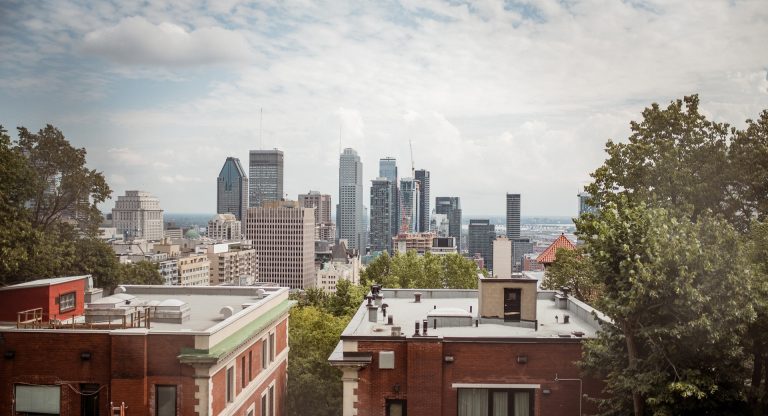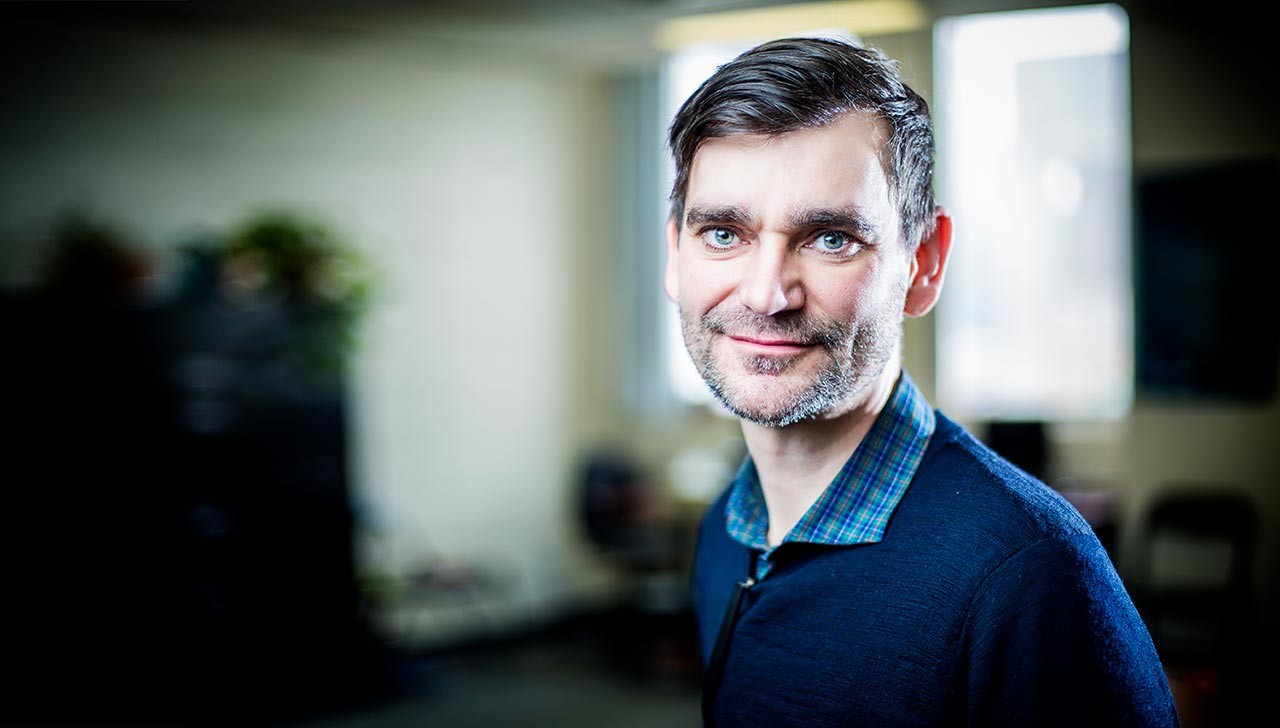How will the quarantine shape urban life?

“The transformation of everyday life to control the outbreak of COVID-19 and the related move online of a lot of work go against forces that drive cities to be dense and concentrated,” says Zachary Patterson, professor in Concordia’s Department of Geography, Planning and Environment.
“The question is whether these temporary changes will have long-term impacts and whether they could fundamentally alter our cities.”
Patterson will moderate and participate in The Economy of Cities: Urban planning and transportation, an interdisciplinary webinar hosted by Concordia’s 4TH SPACE on June 2 from 11 a.m. The panellists will consider the potential long-term impact of COVID-19 on transportation and urban planning, and how the quarantine could shape the future of urban life.
What are cities for?
“Essentially, cities form because of the advantages that people and firms derive in being located close to each other. We refer to these as agglomeration economies,” Patterson explains.
“As industries advance technologically, access to a diverse but specialized labour pool becomes particularly important. Within a city, experts in many disciplines can converge and collectively contribute their skills to various industries in a way that would otherwise be impossible,” he says.
“A city thus basically allows for the generation of wealth. It allows people to be productive, and it allows for an economic efficiency that would be impossible if populations were spread thinly over great distances.”
 Zachary Patterson, professor in Concordia’s Department of Geography, Planning and Environment.
Zachary Patterson, professor in Concordia’s Department of Geography, Planning and Environment.
Transportation and communication
Temporary changes during the pandemic, however, could provoke longer-term changes in city planning.
“For example, for decades the dominant academic planning paradigm has sought to encourage people to use public transportation, but some urban planners worry that people will rely more on individual modes, notably the car. It’s at least possible that the current situation could make people wary of public transportation, even after the ostensible health concern has passed,” Patterson says.
“A second factor is the city itself. If the pandemic teaches us that a lot of our activity can be carried out remotely, we might see counter-forces to the tendency towards dense cities. Companies might realize that they don’t need an expert who lives in the vicinity,” he notes.
“It might remain routine to effectively take advantage of the skill of a world expert working remotely in a different time zone. This could affect the nature of cities in the long term. How city-planning changes could depend on how comfortable people become using these technologies.”
The Economy of Cities: Urban planning and transportation
For the webinar, Patterson will be joined by three fellow Concordia researchers: Pierre Gauthier, associate professor of geography, planning and environment; Meghan Joy, assistant professor in the Department of Political Science, and Axel Watanabe , assistant professor in the Department of Economics.
Gauthier will discuss land use, transportation and sustainability, and how these could be affected by the pandemic.
Joy will share insights on governance issues and the possible implications of the virus outbreak on urban planning and zoning. She will especially explore how the situation might affect elderly populations within cities.
Watanabe will examine agglomeration economies and the potential short- and long-term economic impacts of the pandemic.
Join the free webinar, The Economy of Cities: Urban planning and transportation, on June 2 at 11 a.m. Participants can register for the Zoom webinar or watch a live stream of the event on 4TH SPACE’s Facebook page.
Questions for the panellists can also be submitted ahead of time to info.4@concordia.ca.


